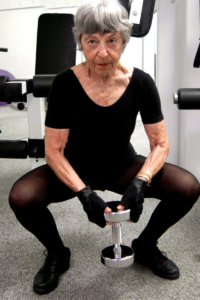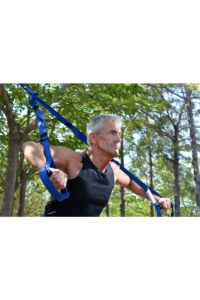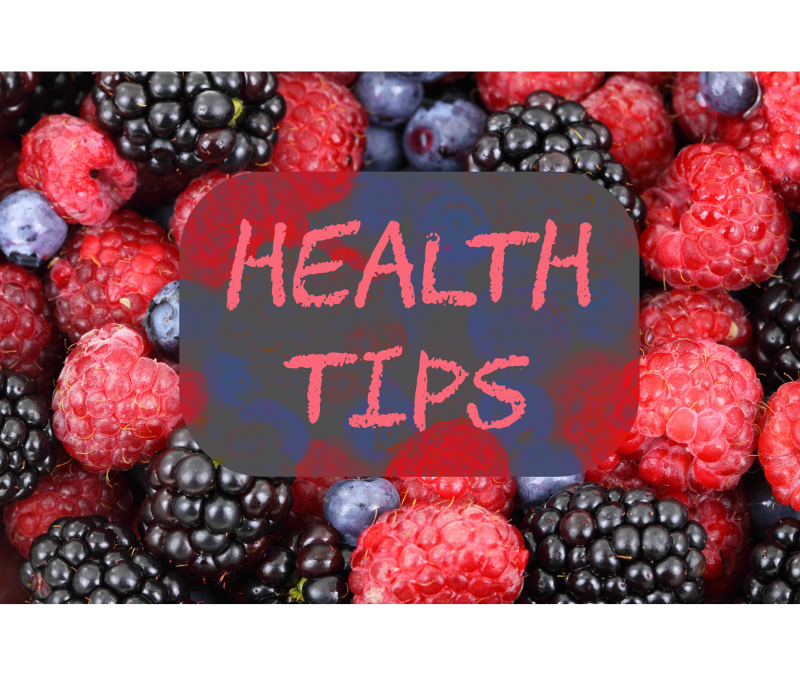Over the hill? I don’t think so! Here are the best ways to keep fit at 50 (or above!).

Society tells us that we need to expect a rapid decline in physical attributes as we age – and that this change is inevitable. As our years advance we begin to hear curious little phrases like “you’re too old”, “overdoing it is bad for you” or “just enjoy the twilight of your life”.
Well, I’m here to say: back off ageists. Keeping fit and healthy is even more important when we pass the magical milestone of 50.

So, what does science tell us about the aging process? Well, skin will lose its elasticity as our oil glands slow production and our hair will thin and turn grey as the pigment cells are reduced. Meanwhile, the compression of our joints could lead to height loss, our hearing may deteriorate, our eye lenses could become less flexible, the menstrual cycle will change and eventually cease, our quality of sleep may decrease, our bones become more fragile as bone minerals are lost and our metabolic rate slows down, often causing weight gain. Phew.
These somewhat depressing changes are often the norm for most of us. People become sedentary, overweight and unmotivated. However, this isn’t actually the ‘norm’ for the human race. Before we became TV-watching, fast food-eating, screen-obsessed robots, our ancient ancestors had to be fit in order to survive. By following their example of eating natural foods and avoiding a sedentary lifestyle, we too can ‘die young at a ripe old age‘.
So how can we do this? Well, I’ve outlined my top tips to keep fit at 50 or above right here.

Top 10 tips to keep fit at 50




1. Exercise daily
At least 90 minutes of a low intensity exercise (such as walking or cleaning the house) or 40 minutes of a higher intensity exercise (such as jogging, playing a sport or riding a bike) can work wonders help you keep fit at 50. By remaining active, you have a better chance of staving off modern-day diseases, such as type 2 diabetes, cancer or heart disease. You’ll also improve the health of your immune system, which is something we should all be prioritising in the current global situation.
2. Include high intensity exercise
Low intensity exercise is great, but including one or two high intensity workouts per week is also incredibly beneficial. Your VO2Max is an indicator of how much oxygen you’re capable of processing per minute, relative to your weight. Your VO2Max can be increased with high intensity workouts, such as Tabata. Your VO2Max is largely dependent on who your parents are, so you’ll have a genetic ceiling. It also declines at an alarming rate if it isn’t being trained. It’s worth remembering that the higher your VO2Max is, the younger your biological age essentially is.
3. Lift weights
Lifting medium-to-heavy weights one or two times a week can help to increase bone density and reverse physical frailty, which is vital when you want to keep fit at 50. Weight lighting will also decrease lower back pain by strengthening the core muscles, improve insulin sensitivity, increase your metabolism, reduce injury risk and even rebuild muscle to help you be even more active.
4. Try intermittent fasting
The 16:8 approach to fasting means fasting for 16 hours and then eating your meals within an eight hour window. One example of this is that you begin your first meal at 12PM and you finish eating your last at 8PM. Fasting can lead to lower blood sugar levels. This means that the body will use fat as a source of energy, turning it into ketones. This shift from fat to ketones has many health benefits, including the potential to lower blood pressure and heart rate, lower bad ‘LDL’ cholesterol levels, increase good ‘HDL’ cholesterol levels and reduce inflammation in the body. There have even been studies that suggest that intermittent fasting could improve memory.
5. Get a good night’s sleep
You should be aiming to get at least seven to nine hours of sleep each night. This amount is linked to improved brain health, but it can be common for people to experience changes in the quality and duration of their sleep as they grow older. This is due to the hypothalamus, which can be considered as the ‘master clock’ of our brain. The hypothalamus is formed of roughly 20,000 cells that make up the suprachiasmatic nucleus (SCN). The SCN controls our circadian rhythms and any deterioration of the SCN can disrupt our circadian rhythms. Many older people find that they have less exposure to sunlight, which is how the SCN receives information. Insufficient exposure to daylight or spending time on phones, tablets or computers before bed changes the production of melatonin and cortisol, which can affect and disrupt your sleep. To optimise your sleep, avoid substances such as caffeine, alcohol and tobacco. You should also avoid large meals late at night, preferably eating four hours before bedtime.
6. Eat anti-aging foods
There are some amazing foods with anti-aging properties. From avocados filled with healthy fats to walnuts high in omega-3 fatty acids that can help prevent dementia and heart disease. One of the best things you can do is increase your vegetable intake, as they’re a great source of nutrients and antioxidants. Dark chocolate, black coffee, green tea and beans also have great antioxidant properties as well, while berries are filled with nutrients and vitamins that fight free-radical damage to your body.
7. Stop smoking
I’m not sure I really need to explain the reasons why smoking increases the risk of heart attacks, cancer and other debilitating diseases – and speeds up the aging process. The best thing you can do is bin those cigarettes now.
8. Reduce stress
We all know that this is easier said than done, but stress can have a significant detrimental effect on the body. Chronic stress increases inflammation, causing the skin to age. It can also be a precursor to other chronic stress diseases, such as Alzheimers, depression, anxiety, atherosclerosis, diabetes, osteoporosis, rheumatoid arthritis, cancer and other forms of heart disease.
9. Use vitamin D
As we age, our production of vitamin D begins to slow down. Vitamin D deficiency is a common condition that can affect the health and well-being of older adults. There’s even evidence to suggest a link between vitamin D deficiency and ailments such as osteoporosis, cognitive decline, depression, cardiovascular disease, hypertension, type 2 diabetes and cancer. Vitamin D is mainly found through exposure to the sun, but you can also get a small amount from foods such as egg yolk, fish oil and vegetables. Vitamin D isn’t actually a true vitamin, but is a prohormone instead, Prohormones are substances that the body converts to a hormone. The vitamin D prohormone is produced by the kidneys and helps the body absorb calcium, which helps ensure strong and healthy bones. Vitamin D also supports the immune system, so if an individual is lacking in it then they can be more prone to infections and illness. Plus, studies have even shown that people with low vitamin D levels are more susceptible to obesity and depression.
10. Laugh
Laughter not only boosts the immune system, but it also decreases cortisol and reduces inflammation throughout the body. I’ve always noticed that I laugh when I’m on the Stealth rollercoaster at Thorpe Park. This is because my body’s reaction to being terrified is to laugh, which reduces those pesky stress hormones and makes me feel better. There are also countless added benefits to laughter, such as improvements in memory, sociability and reduced depression. So, it’s never a bad idea to have a chuckle!




